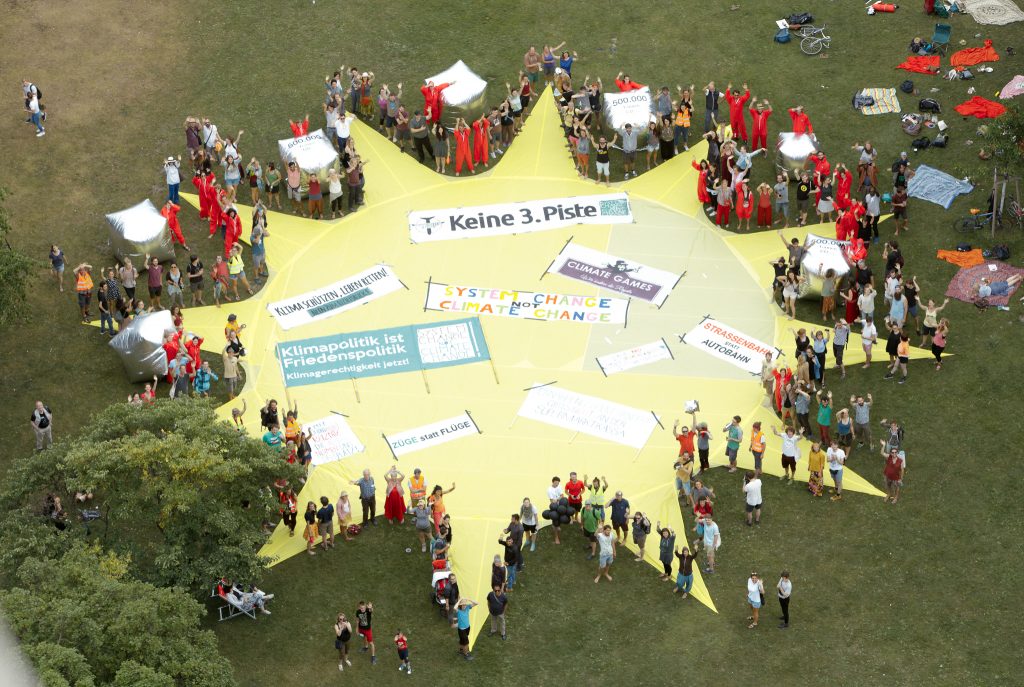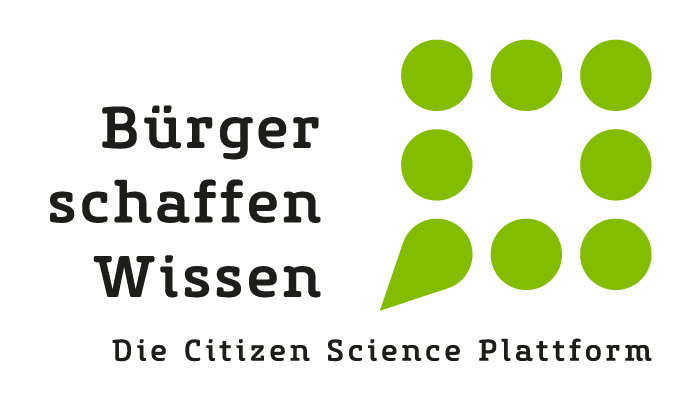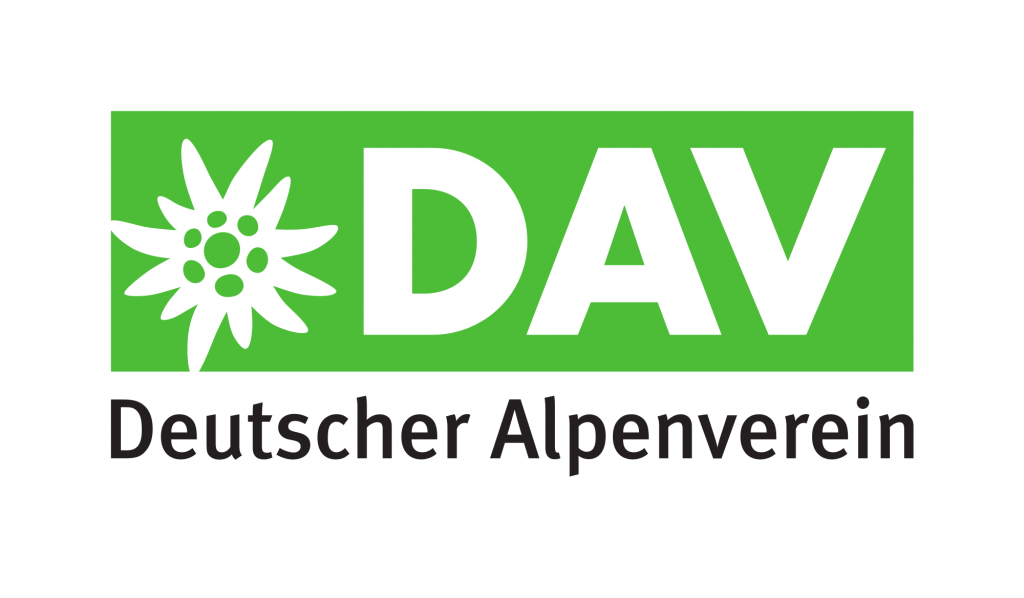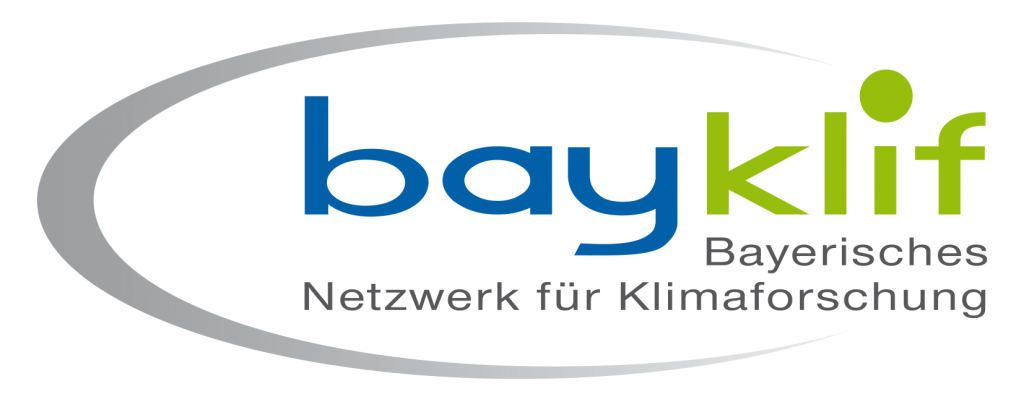Science Communication
Pupils explore climate
Textbooks? Boring. Using scientific instruments and exploring the world through fieldwork experiments? All the more fascinating. Thus, our citizen science project plans to turn students into researchers. We encourage the use of all their senses in exploring what the climate means for them.
Let's make learning fun again!
Climate change: the debate
As a biology teacher, you understand the importance of climate change mitigation and the dangers of climate change, but the polemics and politicization of the topic have kept you from expressing your opinion? With our project we want to initiate a sound, factual discourse.
Responsibility for climate protection
"Climate protection is a problem for the industry," you say? You alone can't do anything anyway? With our project, we want to explain where and how climate protection problems arise and aim to provide all citizens and decision-makers with scientific information, in order to propose options for individual action.
A local climate report for our region – Students investigate the local implications of climate change
Subproject 8 offers Bavaria's secondary level students the opportunity to investigate global climate change and its relevance to their own living environments through hands-on learning.
Students learn to use various research methods and scientific tools to assess and measure climate change parameters in the field. This includes documenting and interpreting data from phenological and biological observations, as well as collecting socio-geographic data from questionnaires and interviews.
In applying these methods at school, students gain a deeper understanding of the effects that a changing climate can have on their very own living environment.
As of May 2018, the Chair of Geography Education at the University of Augsburg, in cooperation with several Bavarian secondary schools, has thus been developing a comprehensive didactic concept that is based on the pillars of inquiry-based learning.
Staying true to the citizen science approach, students will be able to actively participate and design their own research projects instead of sitting in class and passively acquiring knowledge through top-down learning. The students’ critical engagement with climate change issues in theoretical seminars will help them to develop a differentiated ability to judge and act. Since most adaption and environmental protection measures can only be realised if citizens see them as legitimate and useful, politics and science will also benefit from this project.
With the help of citizen conferences on climate change and local climate reports co-authored by students, it is possible to bring the topic to the attention of the general public in Bavaria. Furthermore, collected data will be added to the BAYSICS citizen science platform, and will thereby contribute to climate change research on a larger scale.
In applying these methods at school, students gain a deeper understanding of the effects that a changing climate can have on their very own living environment.
As of May 2018, the Chair of Geography Education at the University of Augsburg, in cooperation with several Bavarian secondary schools, has thus been developing a comprehensive didactic concept that is based on the pillars of inquiry-based learning.
Staying true to the citizen science approach, students will be able to actively participate and design their own research projects instead of sitting in class and passively acquiring knowledge through top-down learning. The students’ critical engagement with climate change issues in theoretical seminars will help them to develop a differentiated ability to judge and act. Since most adaption and environmental protection measures can only be realised if citizens see them as legitimate and useful, politics and science will also benefit from this project.
With the help of citizen conferences on climate change and local climate reports co-authored by students, it is possible to bring the topic to the attention of the general public in Bavaria. Furthermore, collected data will be added to the BAYSICS citizen science platform, and will thereby contribute to climate change research on a larger scale.
Project Management

Prof. Dr. Ulrike Ohl
Augsburg University
Chair of Geography Education
E-Mail: ulrike.ohl@geo.uni-augsburg.de
Phone: +49 821 5982261
Alter Postweg 118 , 86135 Augsburg
Dialogues on Climate Change – Understanding, Communicating and Evaluating Complexity
What pedagogical significance does climate change hold for biology teachers? How do teachers perceive their own roles and responsibilities in introducing classes to this complex yet relevant topic and in discussing it with their students?
Public debate surrounding climate change is often marked by a number of scientific and political arguments along with the notion of an 'impeding disaster'. Discussing climate change and its controversial theories in class thus requires a high degree of tolerance from learners and teachers alike, as uncertainty and complexity are inevitable, but constructive conclusions should still be drawn.
This subproject adheres to the fields of professional development and scientific communication, and aims to foster participants' competencies with regards to communication and assessment. Specifically, the project aims to use in-person workshops to provide instruction to biology teachers on how to teach a discursive and participative specialized class.
Especially, how biology teachers choose to integrate the climate change discourse in their courses and in what ways outside media sources are incorporated will be of interest. Respecting the political and ethical dimension surrounding this topic is particularly important in order to provide context for student and create meaningful debate.
The skills acquired in this subproject will foster a greater understanding of the role that communication holds in science. It will furthermore encourage lesson design that exposes students to uncertainty and complexity. The BAYSICS App and its connected research projects will serve as technical reference points throughout these workshops.
This subproject adheres to the fields of professional development and scientific communication, and aims to foster participants' competencies with regards to communication and assessment. Specifically, the project aims to use in-person workshops to provide instruction to biology teachers on how to teach a discursive and participative specialized class.
Especially, how biology teachers choose to integrate the climate change discourse in their courses and in what ways outside media sources are incorporated will be of interest. Respecting the political and ethical dimension surrounding this topic is particularly important in order to provide context for student and create meaningful debate.
The skills acquired in this subproject will foster a greater understanding of the role that communication holds in science. It will furthermore encourage lesson design that exposes students to uncertainty and complexity. The BAYSICS App and its connected research projects will serve as technical reference points throughout these workshops.
Project Management

Prof. Dr. Arne Dittmer
University Regensburg
Professorship for Didactics of Biology
E-Mail: Arne.Dittmer@ur.de
Phone: +49 941 9433114
Universitätsstr. 31 , 93053 Regensburg
Responsibility, effectiveness and knowledge:
Social Perspectives on Climate Protection
Climate protection measures in democratic societies can only be successful if citizens accept them as feasible and legitimate.
Perceptions of responsibility and efficacy (e.g. who is responsible for a particular measure, how much influence does an individual, group, or institution have) play a key role in creating public acceptance.
However, major knowledge gaps persist concerning these issues. These could be effectively closed through targeted social scientific research.
BAYSICS subproject 10 is dedicated to the social-scientific investigation, assessment and analysis of public views and opinions concerning the responsibility and efficacy of different societal actors (e.g. consumers, businesses, associations and social movements, national, regional and local political organisations) in the realm of climate protection.
It adopts an innovative multi-stage research design that links theoretical, conceptual and empirical steps.
However, major knowledge gaps persist concerning these issues. These could be effectively closed through targeted social scientific research.
BAYSICS subproject 10 is dedicated to the social-scientific investigation, assessment and analysis of public views and opinions concerning the responsibility and efficacy of different societal actors (e.g. consumers, businesses, associations and social movements, national, regional and local political organisations) in the realm of climate protection.
It adopts an innovative multi-stage research design that links theoretical, conceptual and empirical steps.
The empirical part of BAYSICS Subproject 10 combines both qualitative and quantitative social research methods (e.g. interviews with citizens, politicians and scientists, focus groups and an online survey).
It intends to capture a broad range of opinions, with a particular focus on societal actors who are involved in climate change mitigation and adaptation efforts in Bavaria.
Scientific insights from this subproject will also inform recommendations for political and practical action.
It intends to capture a broad range of opinions, with a particular focus on societal actors who are involved in climate change mitigation and adaptation efforts in Bavaria.
Scientific insights from this subproject will also inform recommendations for political and practical action.
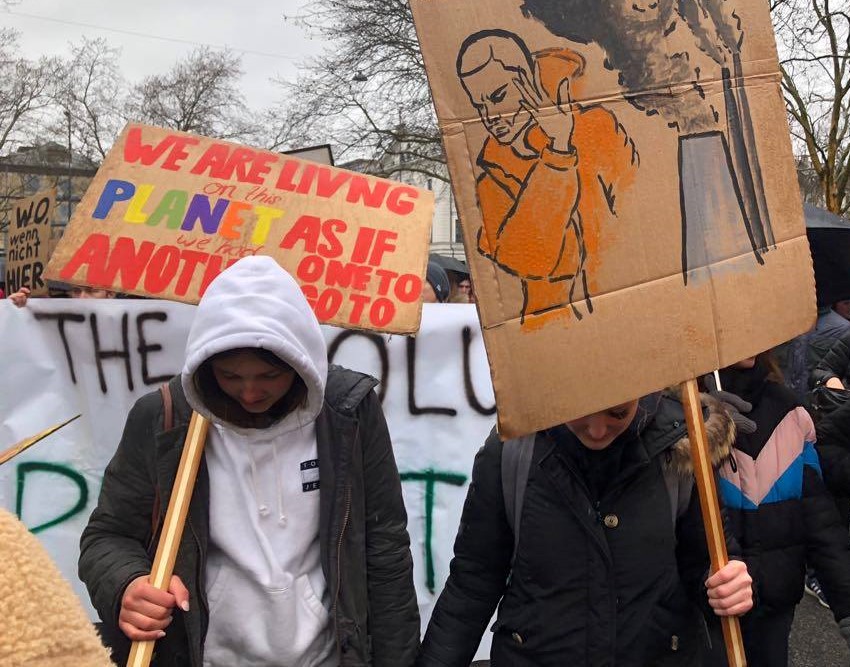
(© Sarah Kessler, Baysics TP 10)
Project Management

Prof. Dr. Henrike Rau
Ludwig-Maximilians-Universität München
Research and Teaching Unit in Human-Environment Relations
E-Mail: henrike.rau@lmu.de
Phone: +49 89 21804179
Luisenstraße 37, 80333 München

